Substance Abuse and the LGBT Community- The Role of Family Unit
Substance abuse is always a tough obstacle to overcome but for members of the GLBT community, there can be additional challenges. Scientific literature is rife with studies showing the importance of family support, but for GLBT individuals, the latter can be more difficult to come by. Among GLBT individuals, it has been found that drug abuse is often linked to family and social problems, fuelled by rejection, judgment, blame and fear.
Despite considerable social and legal advances, many GLBT people still feel reticent about coming out to members of their family, and countless people who do take this brave step, end up receiving a less-than-warm welcome.
When people are undergoing rehabilitation for drug and alcohol abuse, receiving support from one’s chosen or biological family is key. However, when the addict’s early experiences may have been characterized by rejection and negativity, the whole family can benefit greatly from therapy. Each individual family member must overcome guilt, shame and fear, to improve outcomes for their loved one. Through therapy, they can also learn more about the typical patterns they have used to resolve conflict or tension, and learn new, more productive techniques that will help the recovering addict feel loved and supported.
The following article delves into the special nature of addiction for GLBT members and argues for the importance of making a joint effort to stop our loved ones from sinking in their addiction.
